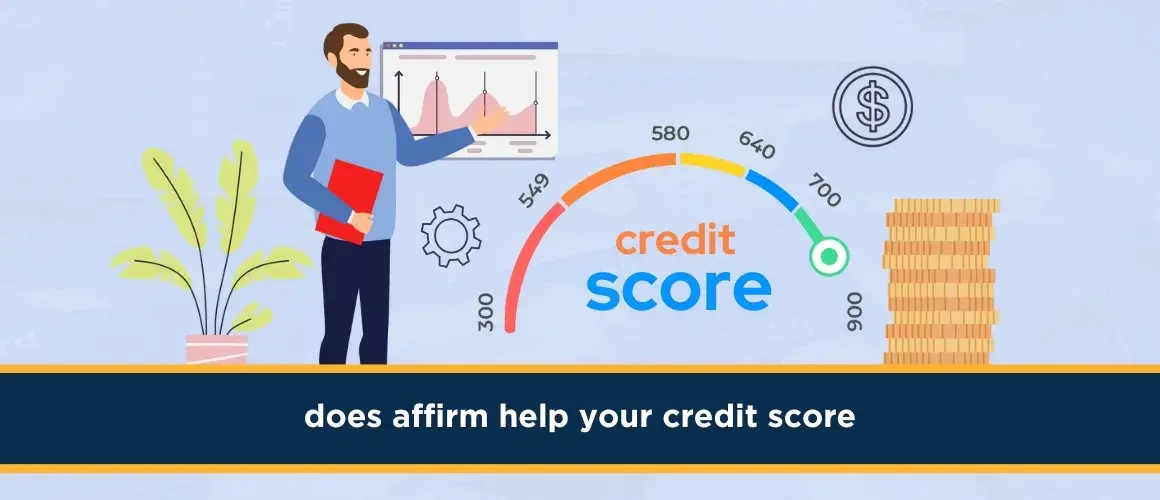Does Overdraft Affect Credit Score

Maintaining a good credit score depends on your responsible management of money. Among the several financial actions that could compromise your credit score, overdrafts are one of the less known ones. This page seeks to explain the link between credit scores and overdrafts.
Does Overdraft Affect Credit Score?
Although your credit score might be affected by overdrafts, it's important to know the subtleties of when and how this occurs. Let's examine closely the relationship between credit scores and overdrafts.
How Overdrafts Work
Let's first define overdrafts so we may then discuss how they affect credit ratings. An overdraft results from taking more money from your bank account than what is accessible, therefore producing a negative balance. Many banks provide overdraft protection, therefore enabling purchases even in cases of limited finances.
The Direct Impact
Overdrafts have hardly any direct effect on your credit score. Your account does not get reported to the major credit bureaus—Equifax, Experian, or TransUnion—when you overdraft it. Consequently, the basic act of overdrawing your account won't automatically affect your credit score.
Indirect Impact on Credit Score
Although overdrafts by themselves are not recorded, their effects on your credit score can be indirect. Here's how:
- Should you fail to cover the overdraft right away, late payment penalties could follow. Ignoring these costs might compromise your credit score indirectly and sour your financial situation.
- Collections: Should your overdraft stay unpaid for a protracted length of time, your bank could transfer the amount to a collections agency. Reported to credit bureaus, accounts in collections can seriously reduce your credit score.
- Credit Utilization: A negative balance and overdraft costs could cause increased credit utilization, which is rather important for deciding your credit score. Using your credit heavily could drop your score.
Tips to Prevent Overdrafts from Harming Your Credit
Knowing now how indirectly overdrafts affect credit scores, let's look at several strategies to stop any damage:
- Track Your Account To be sure you have enough money, routinely review your bank account.
- Many banks provide alert systems whereby they let you know when your balance is low. Use these to keep current.
- Go for overdraft protection. To prevent declining purchases, think about using overdraft protection.
- Promptly pay off overdrafts. Should you overdraft, give paying back the overdraft amount and related fees top importance.
FAQs (Frequently Asked Questions)
Can overdrafts lead to a negative credit score?
No, overdrafts alone cannot lead to a negative credit score. However, their consequences, such as late payment fees and accounts sent to collections, can harm your credit.
How long does an overdraft stay on your credit report?
An overdraft that goes to collections can stay on your credit report for up to seven years.
Is overdraft protection worth it?
Overdraft protection can be beneficial to avoid declined transactions, but it's essential to understand the associated fees and terms.
Can you negotiate overdraft fees with your bank?
Yes, you can often negotiate overdraft fees with your bank, especially if it's a rare occurrence.
What's the difference between an overdraft and a bounced check?
An overdraft occurs when you spend more money than you have in your account, while a bounced check happens when you attempt to write a check with insufficient funds.
How can I improve my credit score?
Improving your credit score involves responsible financial management, including paying bills on time, reducing debt, and monitoring your credit report.
Conclusion
Ultimately, overdrafts can indirectly lower your credit score mostly by late payment fees, accounts sent to collection, and higher credit use. Maintaining a good credit score depends on careful financial management, frequent bank account monitoring, and quick address of overdrafts. Following these guidelines and knowing the subtleties of overdrafts will help you to negotiate the financial terrain responsibly and preserve your credit score.
Unlock better financial possibilities! Dial (888) 804-0104 to begin your road toward a better credit score.